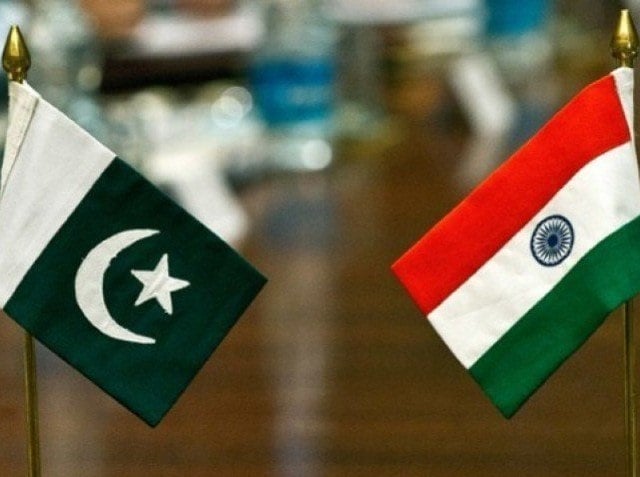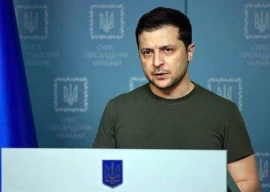
Pakistan and India exchanged through diplomatic channels the lists of nuclear installations and facilities and the prisoners languishing in each other’s custody in accordance with the relevant bilateral agreement, the Foreign Office announced on Sunday.
The simultaneous exchange of lists took place under the Agreement on Prohibition of Attacks against Nuclear Installations and Facilities of 1988 and the Consular Access Agreement of 2008, the Foreign Office said in separate press releases.
In Islamabad, the lists were handed over to a representative of the Indian High Commission by the Foreign Ministry. Simultaneously, the Indian Ministry of External Affairs also handed over the lists to a representative of the Pakistan High Commission in New Delhi.
Read Indian rupee ends 2022 as worst-performing Asian currency
The Agreement on Prohibition of Attacks against Nuclear Installations and Facilities contains the provision that both countries shall inform each other of their nuclear installations and facilities on every January 1. Similarly, under the Consular Access Agreement, both countries exchange the lists of prisoners on January 1 and July 1.
The foreign ministry shared a list of 705 Indian prisoners detained in Pakistan, including 51 civilian prisoners and 654 fishermen with the Indian High Commission, while India shared a list of 434 Pakistani prisoners there, including 339 civilian prisoners and 95 fishermen with the High Commission for Pakistan in New Delhi.
Separately, Pakistan has requested for early release and repatriation of its 51 civilian prisoners and 94 fishermen, who have completed their respective sentences and their national status stands confirmed.
Furthermore, a request for a grant of consular access to missing defence personnel of 1965 and 1971 wars, and special consular access to 56 civil prisoners have also been made.




1730806656-0/BeFunky-collage-(23)1730806656-0-165x106.webp)



1730806490-0/New-Project-(2)1730806490-0-270x192.webp)
1730802981-0/Untitled-design-(53)1730802981-0-270x192.webp)

1730799445-0/Untitled-design-(52)1730799445-0-270x192.webp)







1730706072-0/Copy-of-Untitled-(2)1730706072-0-270x192.webp)
COMMENTS (1)
Comments are moderated and generally will be posted if they are on-topic and not abusive.
For more information, please see our Comments FAQ